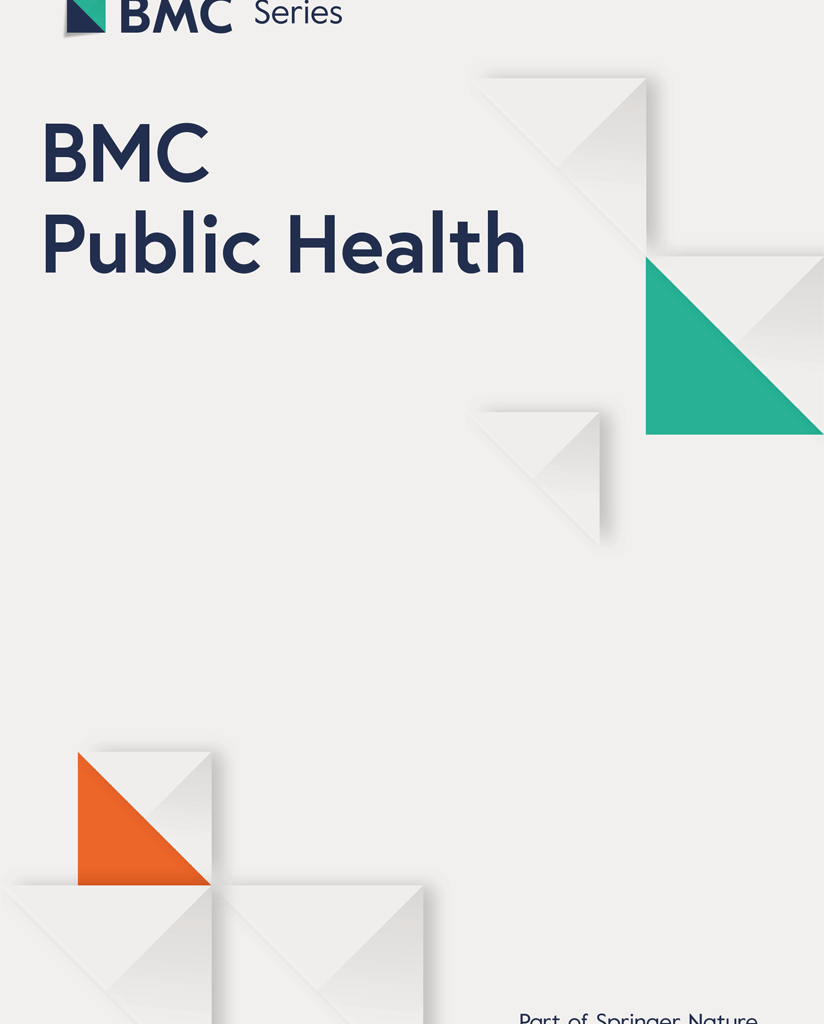Folate and vitamin B12 (B12) are essential micronutrients critical for numerous physiological processes, including DNA synthesis, neuronal function, and hematopoiesis [18]. Food insecurity, defined as inadequate access to nutritious and safe food due to economic limitations, has been associated with an increased prevalence of various micronutrient deficiencies, notably vitamin B12 and folate [7, 8, 19]. In Lebanon, the ongoing economic crisis has reportedly led to widespread food insecurity, significantly restricting the population’s access to adequate and safe food [6].
In the current study, the crisis’s influence on vitamin B12 deficiency became apparent through an upsurge in such cases. The surge in food prices, particularly for fruits, vegetables, and dairy products, has contributed to a rise in food insecurity in Lebanon [5, 20]. Additionally, Hoteit et al. highlighted inadequate food consumption patterns during the crisis [6]. Interestingly, we did not observe any impact on folate levels or the occurrence of folate deficiency. This absence of a connection between food insecurity and folate levels aligns with previous findings [19].
This research revealed that the prevalence of inadequate vitamin B12 levels varied across different age groups, with the highest occurrence being among young adults. In the United States, insufficient and deficient levels of vitamin B12 are found mostly among elderly patients (60 and above) [21]. In India, a study showed a prevalence of vitamin B12 deficiency amounting to 22.3% in pediatric population (22].
Concerning folate deficiency, this research revealed a greater occurrence among male and younger patients. A higher prevalence of folate deficiency was demonstrated in male patients [23]. Furthermore, our study aligns with previous research, as we found a notable prevalence of folate deficiency in adolescents, young adults [24] and elderly individuals [23]. Additionally, Smoking was associated with lower folate levels [23, 25]. As well, lower socioeconomic and lower education levels were also linked for higher folate deficiency prevalence [23]. A study performed in the middle east to identify micronutrient deficits showed that prominent deficits in several micronutrient including folate among children/adolescents, women of childbearing age, pregnant women, and the elderly [26]. Another study performed in Turkey among a sample of 410 adults showed that food insecurity is associated with less healthy and sustainable eating behaviors and heightened risk of malnutrition in older adults [27]. Another multicenter study involving 707 older adults in Turkey also reported that moderate to severe food insecurity significantly increased the odds of malnutrition risk and overt malnutrition [28].
Finally, the exact frequency and prevalence of vitamin B12 deficiency are unknown, despite the fact that it is regarded as a public health issue. Different food habits and ethnic and societal diversity among societies are the causes of this deficiency. A review of studies completed in 2008 in Africa, America, South-East Asia, Europe, the Eastern Mediterranean, and the Western Pacific has yielded the most comprehensive information on vitamin B12 deficiency [29]. 61% of people in Latin America and the Caribbean have vitamin B12 insufficiency, according to another research that examined 41 studies [30]. The main reasons for vitamin B12 deficiency are nutritional deficiencies that affect large sectors of the population including vegetarians and their children who are affected during and after pregnancy, the elderly, frequent drug users as well as nutritional deficiency linked to low socioeconomic level.
Limitations and strengths
The strengths of this study include the direct address of a pressing public health issue in Lebanon, where the economic crisis has severely exacerbated food insecurity. This makes the findings highly relevant for immediate policy and intervention. Moreover, it addresses a knowledge gap on how specific data on micronutrient deficiencies like B12 and folate linked to food insecurity in Lebanon are crucial for evidence-based interventions. Also, the findings can directly inform governmental and non-governmental organizations (NGOs) working on food security and nutrition in Lebanon. This could lead to targeted food aid, fortification programs, or public health campaigns. Some limitations exist such as the intake of certain medications during the blood test period, can interfere with B12 absorption. In addition, it is challenging to account for every single variable that might influence nutritional status in a complex humanitarian crisis.
Recommendations
It would be interesting to conduct longitudinal studies that follow the same cohorts of individuals over an extended period. This would allow researchers to establish clearer causal relationships between changes in economic conditions, food insecurity severity, and fluctuations in B12 and folate levels and to assess the long-term health consequences of sustained deficiencies. There is a need for greater nutrition education and government-led initiatives to reduce malnutrition along with the implementation of effective programs encompassing new research and evidence-based government policies.
